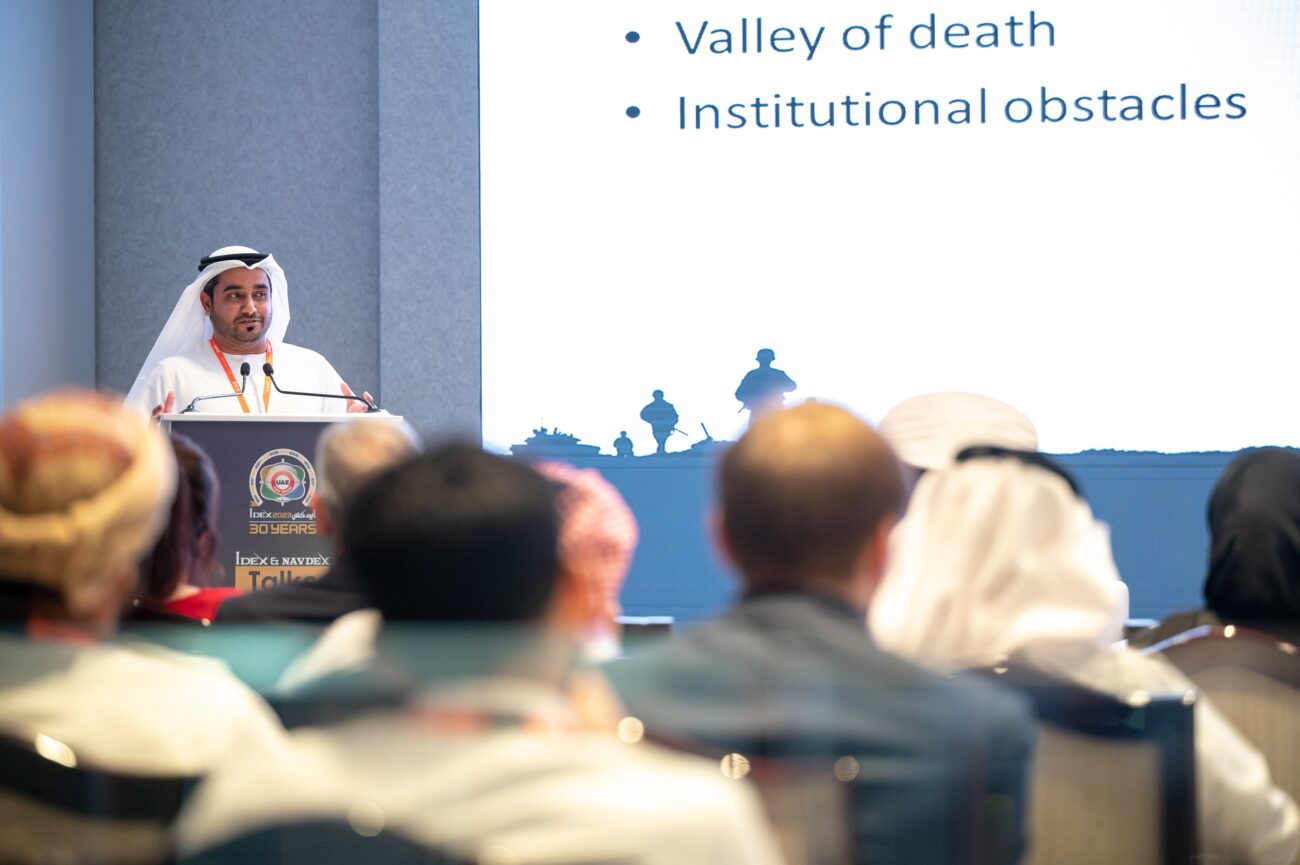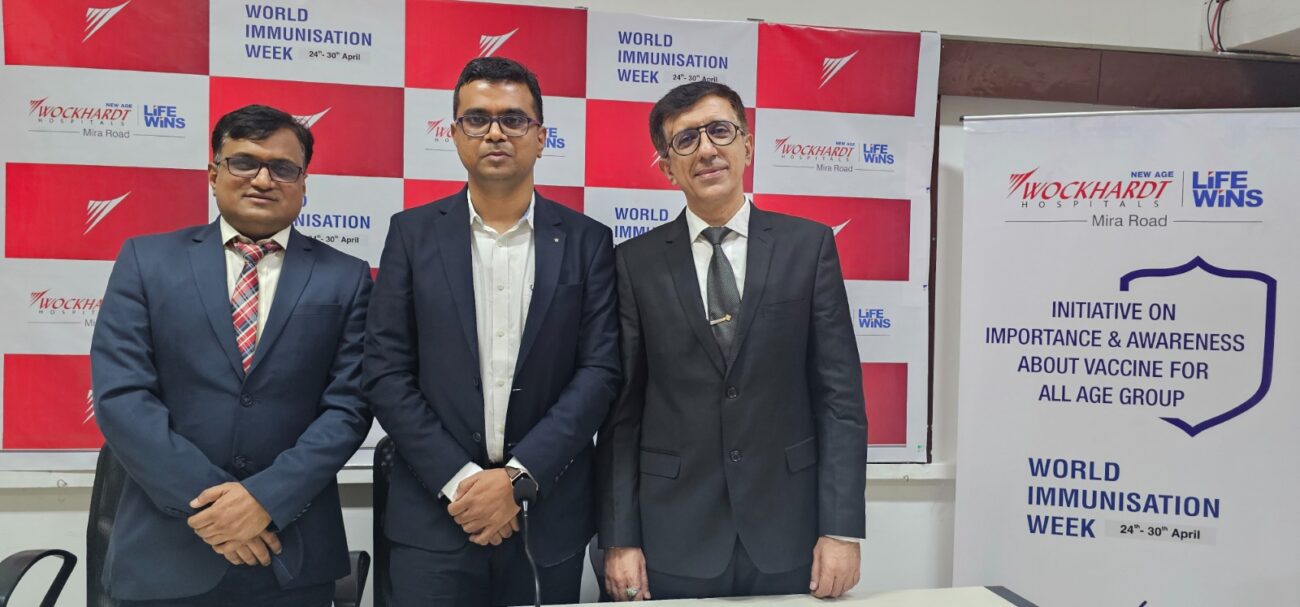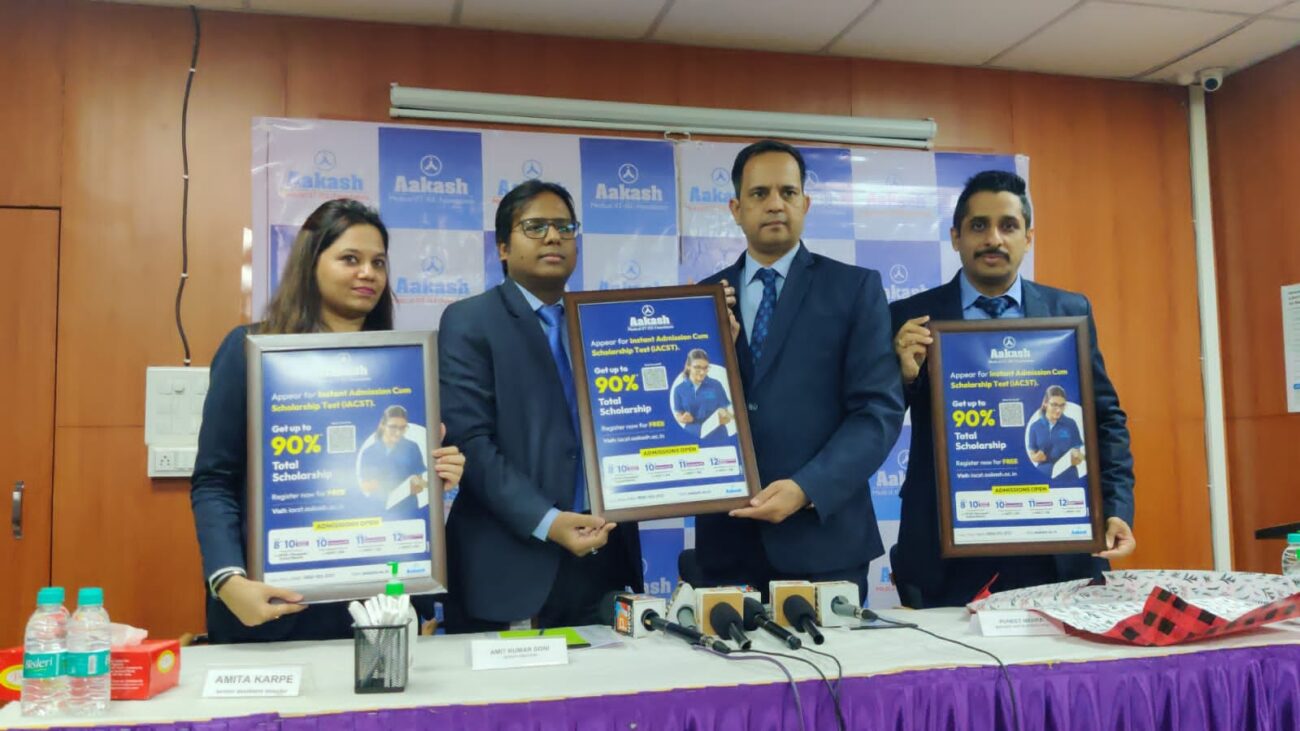IDEX Talks Continues its Sessions that Attract World-Renowned Experts to Discuss Pressing Issues in the Defence Sector
IDEX and NAVDEX Talks, which are held for the first time at the IDEX and NAVDEX exhibitions under the patronage of His Highness Sheikh Mohamed bin Zayed Al Nahyan, President of the UAE, continue with

IDEX and NAVDEX Talks, which are held for the first time at the IDEX and NAVDEX exhibitions under the patronage of His Highness Sheikh Mohamed bin Zayed Al Nahyan, President of the UAE, continue with their sessions that attract thought leaders, policy makers and world-renowned experts to discuss pressing issues in the defence sector.
During the first session, titled “Reflecting the message of the UAE’s leadership to shape our future success: The case of the Covid-19 Pandemic”, H.E. Dr. Farida Al Hosani, Executive Director of Infectious Diseases & Official Spokesperson of the UAE Health Sector, said: “One of the major factors that contributed to our successful response to the COVID-19 pandemic in the UAE was the guidance, insight, and the long-term vision of our leadership. I believe that communication and media played a very important role in our response strategy. If you do not engage with the community, they will not respond. This is what we saw in certain countries. Building trust is very important and connecting with people is something that needs to be built in advance.”
“We used more than 14 languages in our messaging, including an official daily briefing from the government to ensure that people are not misled by social media or messages from other countries. There was complexity associated with code management and storing the vaccine, therefore we worked hard to expand our ability to store new vaccines that require different temperatures and we increased our capacity to around $6 billion to store not only for UAE but other countries regionally and globally. We covered most of our population with the first and second dose, and also most of our population took their first booster. I think this was a major element because once we had more than 50% of our population vaccinated the severity of the disease dramatically changed.
“New technologies, including cloud computing, drones, social media, advanced data analytics and AI can be utilised to deal with any future pandemic. Therefore, we need to adapt to these new technologies and ensure that we have the right regulation to ensure that we can implement these in the right way,” Al Hosani added.
During the second session titled “Cyber security future 2030: How to develop a sustainable defensive ecosystem”, Dr. Bushra Al Blooshi, Deputy Director of Information Services at Dubai Electronic Security Centre, said: “The cyber security challenges might impact the economy’s growth or physical security of the countries themselves. In the UAE, we have one of the world’s busiest airports connecting to over 240 cities globally, and most importantly when it comes to safety, the UAE is ranked as one of the top countries having physical safety and security. The UAE is balancing between digital transformation cybersecurity and all of those global regional competitive measures.”
“Cyber Security isn’t something that you should wait for but it’s something that you should create so being able to adapt within the digital transformation, and using cybersecurity as an enabler for economy can be one of the growth catalysts of this country. We are expecting and aiming to have 25 of our buildings to be 3d printed by 2030. We are aiming to have 25 vehicles in the road within Dubai to be to be connected vehicles autonomous and we are expecting 25 of the total power output to come from the clean energy by 2030. All of those targets and commitments that we give to the leadership of this country is pushing the technological advancements in the country and putting challenges on the cybersecurity sector,” Al Blooshi added.
During the third session titled “Emirati Women in Defence: Seeking new paradigms of thinking”, Dr. Eng. Fatma Bazargan, Director of Enabling Technologies, Requirements & Capabilities at Raytheon Emirates ltd said: “One of the biggest challenges that I have faced during my career was transitioning from the government sector into the private sector, as the work approach and operations were very different between the two. However, now that I have been working in the private sector for years, I would strongly encourage women who are passionate about the defence industry to consider working in the private sector as it can offer them a unique experience and enhance their capabilities in a short time span.”
“The transition from cybersecurity to the defence sector was also a challenge, but I learned that no matter what your educational background or previous experience is, having the right skillsets that can be utilised in any field is key to your success. As the defence sector is still mostly male-dominated, it is important for women to develop their confidence and believe in their capabilities in order to thrive and succeed in their career,” Dr. Eng. Fatma added.
Hala Alzargani from the Center for Innovation & Security Solutions at Lockheed Martin in the UAE, said: “When I joined Lockheed Martin, I was the first Emirati engineer in the company. I am proud that since then I have supported the company in attracting and retaining a number of female Emirati talents, and providing them with ongoing mentorship to ensure that they are well-prepared to secure leading positions in the industry.”
“It’s important for women in our industry to support each other and exchange their knowledge and experience to encourage more women to join the industry and break stereotypes. We are witnessing a change in dynamics as more women are now aware of the opportunities that the defence industry can offer them, and it is our organisations’ responsibility to create career development programs to support women in growing and succeeding in these vital fields,” Alzargani added.
Meera Taher, Electrical Engineer at SAAB, said: “Our wise leadership provides women with ongoing support and endless opportunities to join the defence industry and other vital fields as well. Organisations must provide training programs for women at an early stage, to introduce them to different career pathways and equip them with the knowledge, skills and abilities that are required in those fields. It is essential that we take advantage of these opportunities to achieve the impossible in a country that paves the way for women to excel and secure leading positions across all industries.”
During the fourth session titled, “Advancing defence and security education”, Dr. Ruxandra Vlad, Assistant Professor of Homeland Security, said: “The number one thing that I advise all academic institutions to do, particularly those who are interested in defence education, is to recruit industry-leading faculty with experience in government and military intelligence to ensure a well-rounded learning approach for students. Academic institutions and faculty also need to ensure the applicability of current and modern threats and integrate them into their course offerings.”
“Integrating defence technology in the classroom represents a fantastic opportunity. VR, Metaverse-based simulations, databases, software, and portals make learning more hands-on and enable students to feel as though they’re actually practising what they’re learning. Moreover, partnerships, internships, and industry collaboration are very important to prepare students going forward, as are trainings and seminars to allow students to problem-solve using real-world scenarios, not just things that they read in a textbook.” She added.
During the fifth session titled “Defence Utilization of SMEs as Tech Disruptors” Dr. Ahmed D. Aljaberi, Technology Officer and Advisor at Presidential Guard, said: “When creating a defence strategy, we have to create a clear and concrete plan. One of the challenges facing the defence sector is autonomous systems. Policies are still catching up. For example, some risks may be unknown things about insurance, liability, and more. Therefore, policy is not catching up, and we do not expect it to do so, but that does not stop us from reaching our goals of creating a defence system.”






